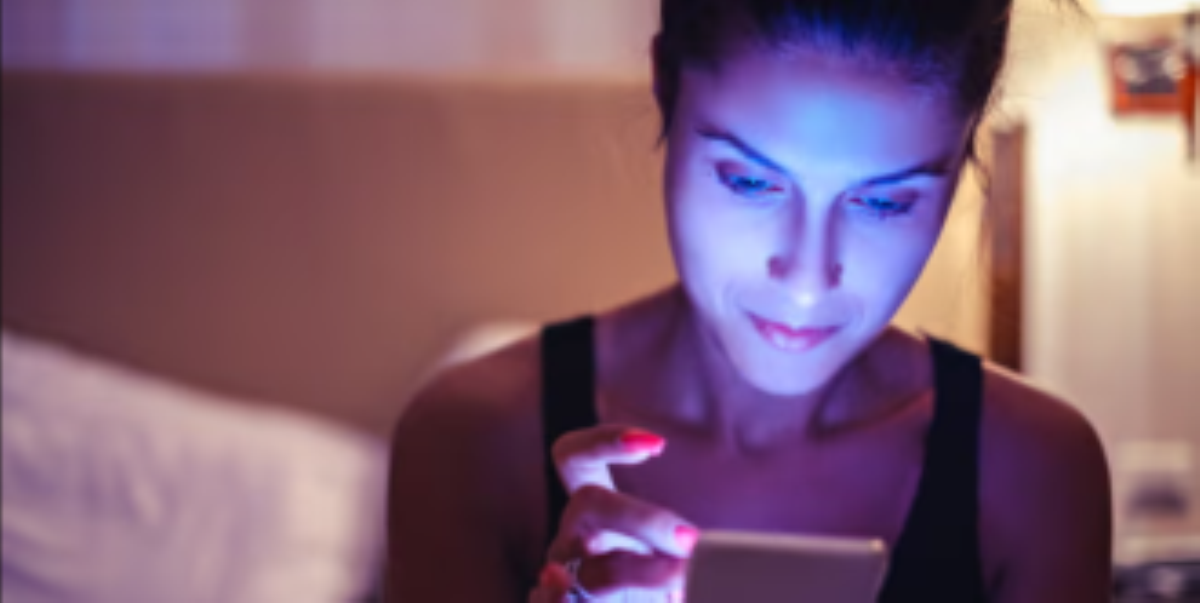Do a Google search and you’ll find blue light filtering
spectacle lenses are available from every high street brand optometry store. It’s
an additional coating applied to lenses or incorporated into a premium multicoat,
designed to reduce glare & make cleaning easier.
Blue light filtering spectacles are also readily
available even if you don’t need corrective prescription lenses, and now this
filter is available in both prescription and non-prescription contact lenses too such as Colourvue’s Blusafe lenses.
So what is Blue light ? It’s part of the natural visible
light spectrum, the full spectrum includes all the colours of the rainbow - we
enjoy them everyday, they are all around us and are essential to our being. Sunlight
is our main source of blue light, it has many benefits it wakes us up in the
morning, elevates our mood, gives us energy, helps with our memory and cognitive
function.
So why is this beautiful colour under such scrutiny ?
In the natural world blue light isn’t an issue,
however in our modern world of technology we maybe exposing ourselves to increasing
levels of blue light from artificial means ; LEDs, and digital screens - laptops, tablets, TVs, mobile phones, gaming
screens, the list goes on, our usage of these devices has become entwined in
our lives during the day and often into night.
To get a bit technical, each colour on the spectrum has
a wavelength, blue light is the strongest colour with the highest energy, its wavelength
range starts at 380 nanometres and goes to 500nm, in comparison to red at the
other end of the spectrum, which sits around 700nm. The smaller the number the
greater the risk.
Blue light can be divided into two parts ; blue/ turquoise light responsible for melatonin
levels, influencing sleep / awake patterns and blue/violet light can cause symptoms
such as glare discomfort, visual fatigue and headaches and has the potential to
damage light sensitive cells in the retina.
This concern is due to our potential increased over
exposure to blue light that has lead to blue light protective filters being developed
and introduced in eyewear.
Although many people use these blue light protective
filters and report they experience comfortable, relaxed vision with improved
sleep, studies in this area are not conclusive.
Australian Researchers from the National Institute of
Health claim that blue-violet light has negative impacts on eye health at 440nm.
Johnson &
Johnson Vision care in 2022 stated data show blue-violet light filtering contact lenses reduce the
harmful visual effects of bright light by decreasing light scatter and visual
artifacts such as star bursts and halos. Findings suggest blue-violet light
filtering contact lenses decrease glare discomfort and may speed eye recovery
following bright light exposure.
The Royal Australia and NZ college of Ophthalmologists
in 2019 stated, no evidence exists to suggest that normal environmental exposure to
blue light, including those from digital screen technology, causes damage to
eyesight. Filtering out the blue light from screens is not necessary in general
use.
In conclusion, I’m sure studies in this area will
continue, however if you feel blue light filtering eyewear will benefit you,
the choice is yours, the filter certainly won’t do you any harm. The inclusion
of this filter in contact lenses provides a frameless option with this specific
protection if you and your optometrist feel you require it.

